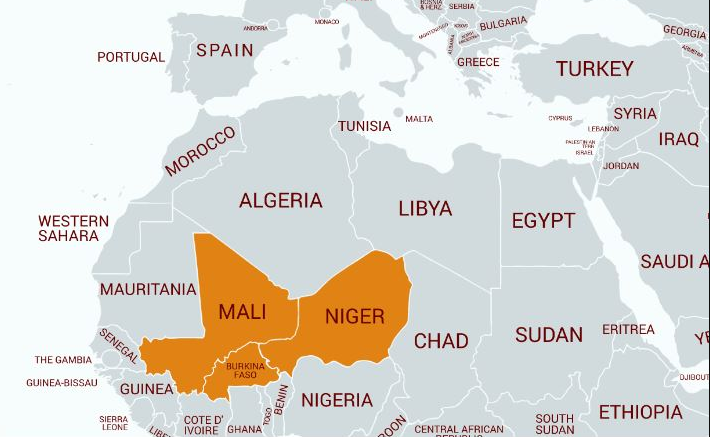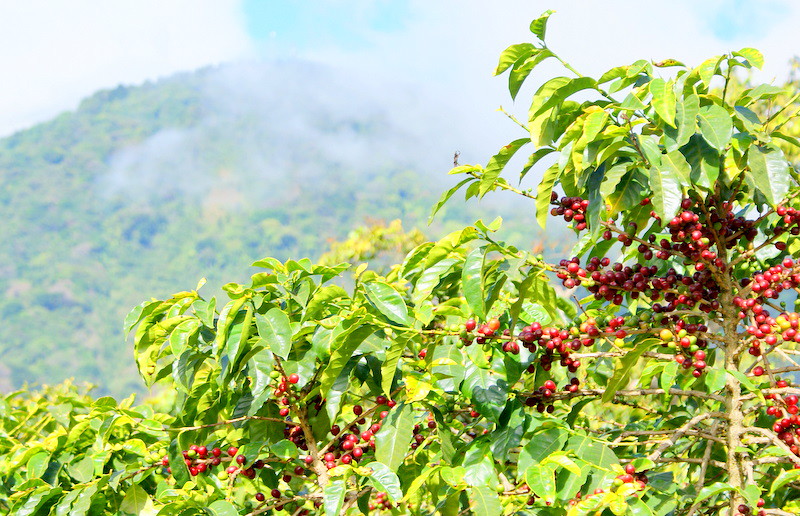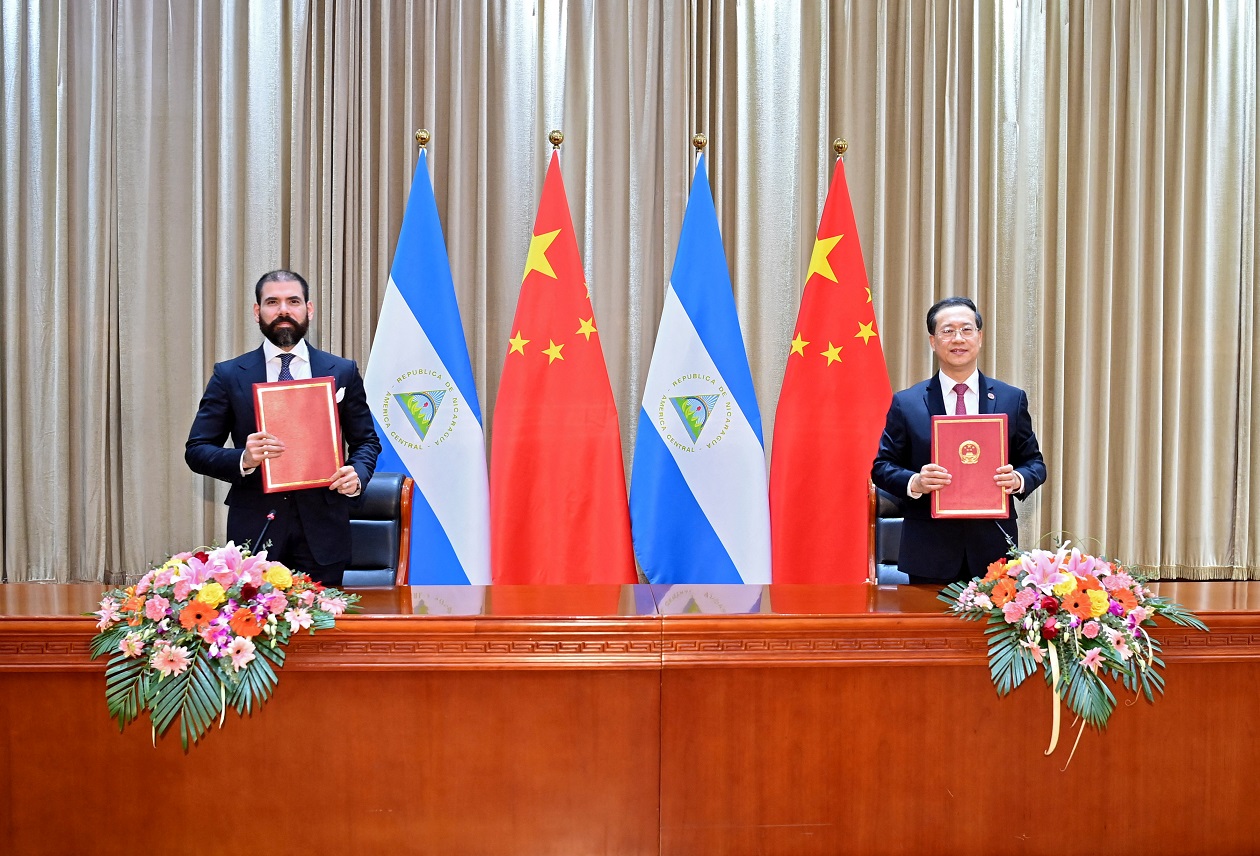French President Emmanuel Macron announced on Friday a partnership to "remunerate" Papua New Guinea for its efforts to preserve the primary forest. The first of its kind, the deal is an environmental model that France wants to see reproduced elsewhere.
Issued on: 28/07/2023 -

Text by: RFI
The French president was given a tour of Varirata National Park, near Port-Moresby, in the company of Papua New Guinea's Prime Minister James Marape on Friday.
The visit was part of Emmanuel Macron's South Pacific tour that has included stops in New Caledonia and Vanuatu.
Rich in minerals and other natural resources and close to the main maritime routes, Papua New Guinea has become a key issue in the strategic standoff between Western nations and China.
Faced with Beijing's growing influence in the region, the United States is betting on defense cooperation and has signed a security pact with Port-Moresby.
France, unable to compete with these two superpowers militarily, has decided to emphasise the environment, as Macron explained Thursday in Vanuatu by detailing the country's "Indo-Pacific strategy".
"[Primary forests represent]14 percent of the surface of the globe, 75 percent of what we call irrecoverable carbon. That is to say that when we deforest, we burn, we release the carbon and that's taking a huge step backwards," Macron said.

However, he noted, while the international community is already financing reforestation efforts, "there was absolutely no economic model to help preserve this".
At the One Forest Summit, which Macron organised with Gabon in Libreville in March, the idea of remuneration contracts with countries concerned was announced. The idea is to create a financial incentive in exchange for the preservation and "environmental services that are provided by these primary forests" .Amazon rainforest emitting more C02 than it absorbs, study finds
The first contract of its kind was launched on Thursday with Papua New Guinea, financed to the tune of more than €60 million by the European Union.
Paris hopes to go much further by mobilising other G7 countries on this initiative between now and COP28 in early December and, ultimately, to get the private sector on board too.
Non-governmental organisations, philanthropists like Conservation International, Wildlife Conservation Society or the Bezos Fund are already on board, as well as UN agencies.

Green economy
France wants to develop this model partnership with other countries affected by the presence of primary forest, concentrated in Southeast Asia, in the Amazon, the Republic of Congo and the Democratic Republic of Congo.Why the Congo plays a critical role in saving the world's biodiversity
James Marape thanked the French President for the initiative, saying he had "become the champion of forest nations".
"I am counting on my brother President Emmanuel Macron to speak globally in the world. We cannot talk about climate change without talking about the protection of forests and oceans and the green economy," he said.
The two countries made the most of the visit to sign other agreements. The French Development Agency, which is gaining momentum in the Pacific, particularly on climate issues, has undertaken to finance the rehabilitation of Papua New Guinea's ports with European partners and Australia, to develop a "model of eco-responsibility ".
(with AFP)




 President Putin, right, shakes hands with Mozambique President Filipe Nyusi at the Russia-Africa Summit in St. Petersburg, July 28, 2023. AP - Alexei Danichev
President Putin, right, shakes hands with Mozambique President Filipe Nyusi at the Russia-Africa Summit in St. Petersburg, July 28, 2023. AP - Alexei Danichev















